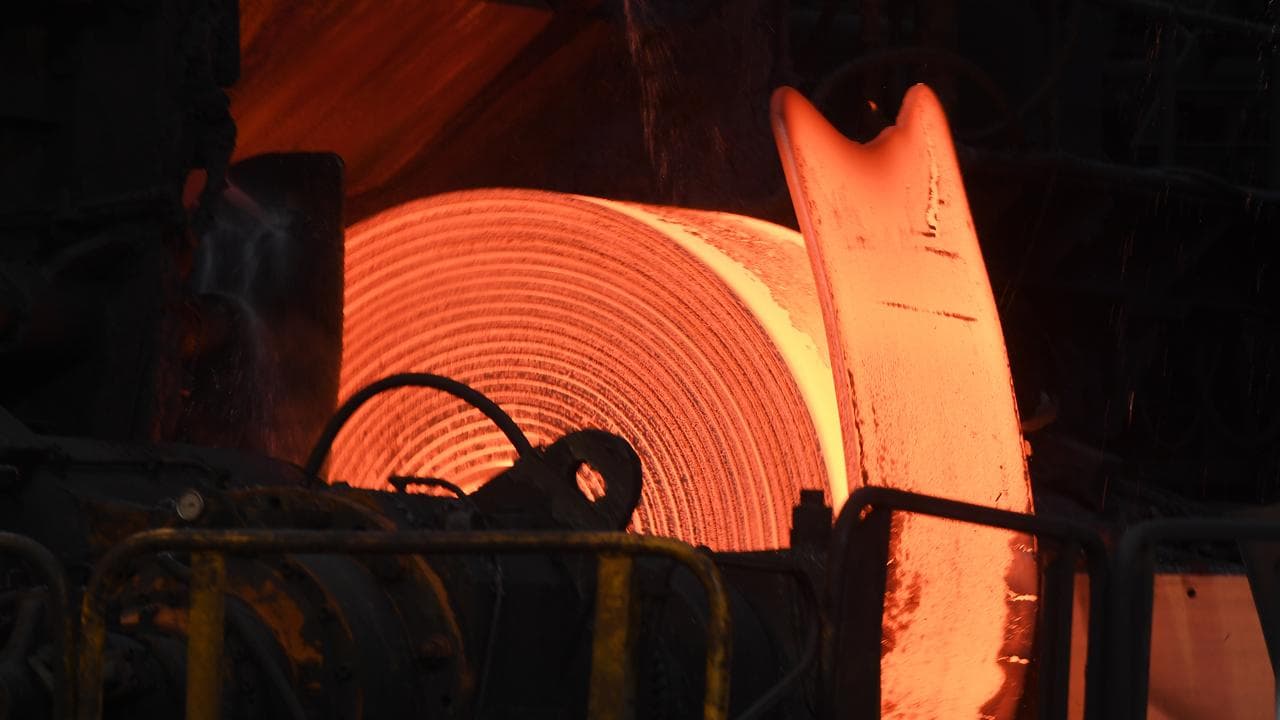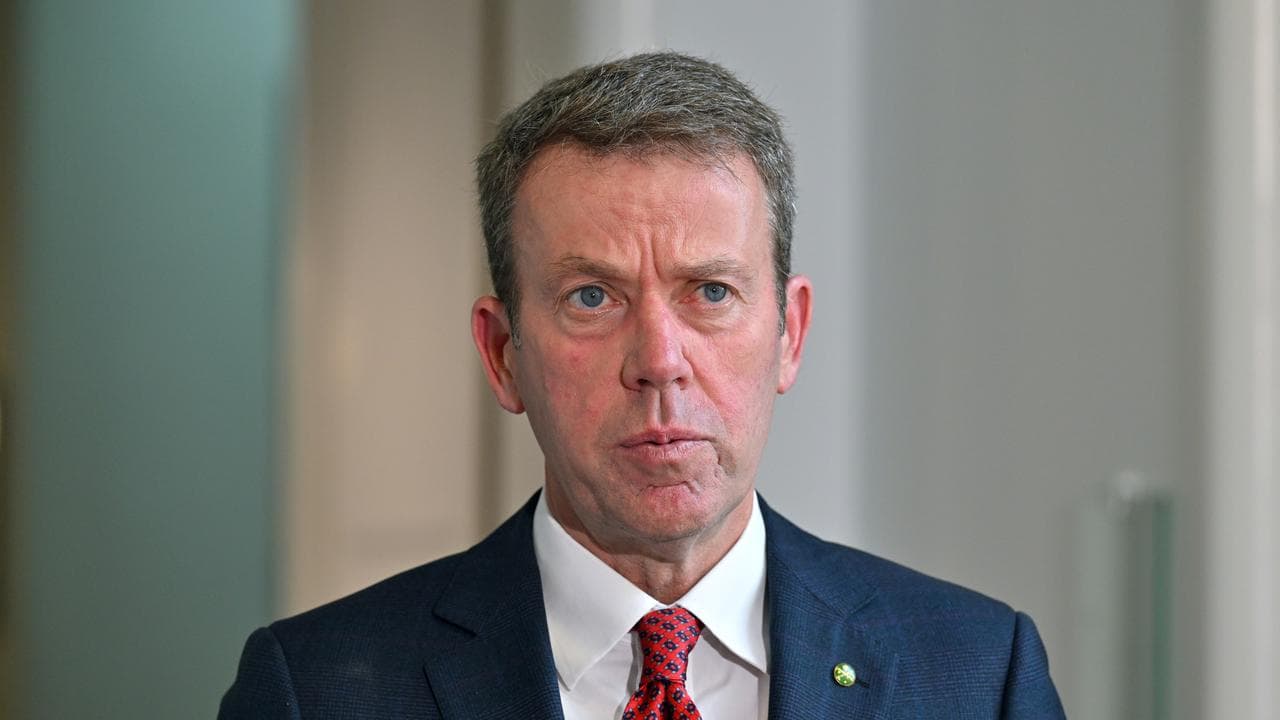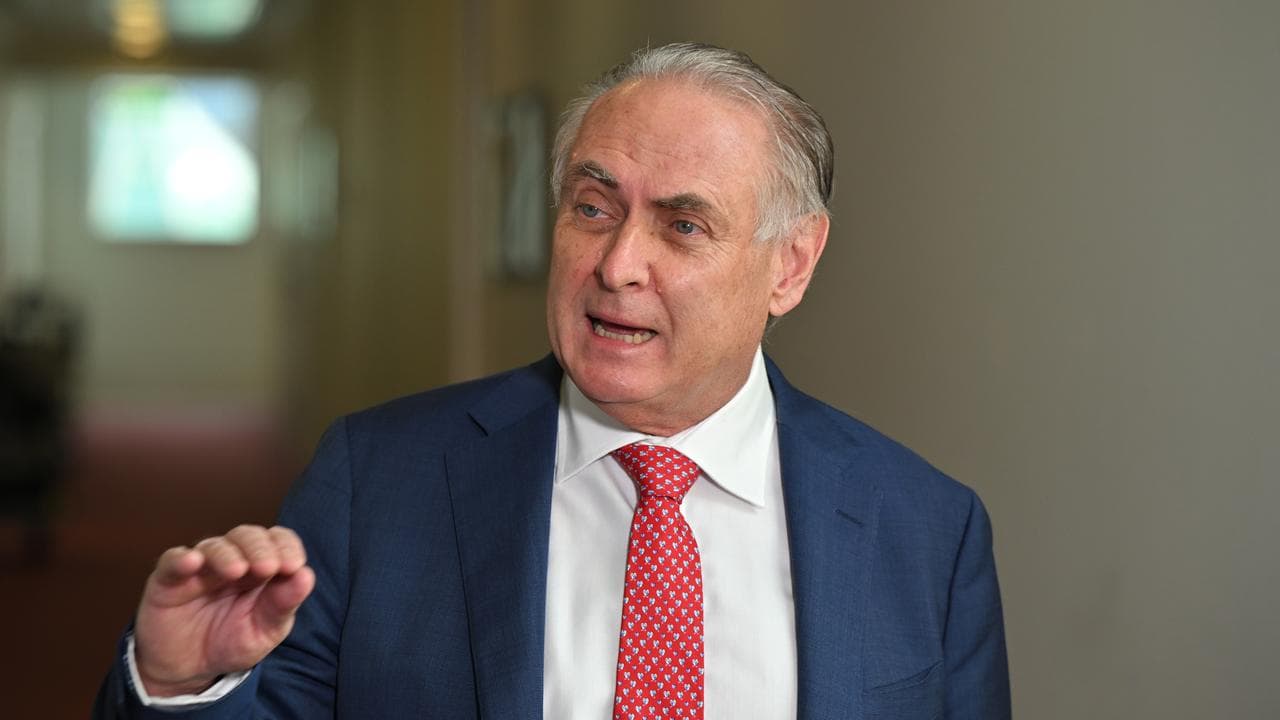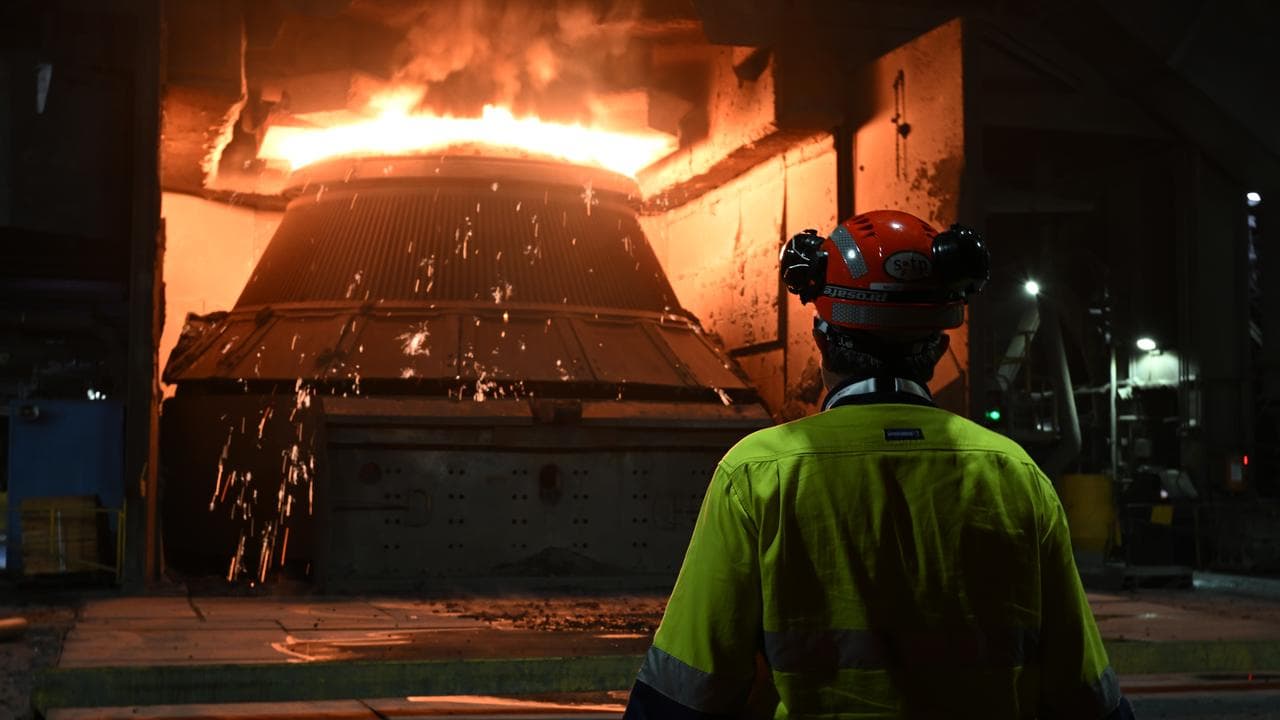
Australia had no official agreement with the US on quotas for steel and aluminium imports, a former trade minister says, but insists the American market was not exploited.
The federal government has been seeking an exemption from looming tariffs of 25 per cent on steel and aluminium imposed by US President Donald Trump.
While Australia was handed an exemption from previous tariffs during Mr Trump's first term in office, his trade adviser Peter Navarro said Australia had been "killing" the US aluminium market through its imports.

But former trade minister Dan Tehan, who held the position during the final months of Mr Trump's first term, denied reports Australia had agreed to honour an unofficial quota.
"We were given an exemption and obviously the US said to us that we wouldn't want to see you exploit that exemption, and we had no intention of trying to exploit that," told ABC TV on Thursday.
"The majority of our aluminium exports actually go into Asia, and that's been a long standing market for us.
"We worked very hard to be able to put an exemption in place, which meant that our aluminium smelters here are continuing to be profitable and continue to be able to export aluminium into Asia, into the US.
"My hope is that this government will be able to do exactly the same."

Trade Minister Don Farrell said Australia had been meeting all its obligations agreed to by previous governments.
"In the last 12 months, the caps that have been talked about we have not exceeded. The products that we've got into the United States have been at lower caps," he told reporters in Canberra on Thursday.
"One of the reasons that our exports of aluminium and steel to the United States have been reduced is because we have found other markets."
Senator Farrell said the government had been encouraging steel and aluminium manufacturers to seek alternative markets as part of diversification efforts.
The minister said Australian officials were still pushing for an exemption on the tariffs with the White House.
"It makes no sense for the Americans to apply a tariff to a country where they've got a deficit," he said.
"A part of that is the steel and aluminium that we've been talking about."
It comes after reports the US accepted more aluminium from Australia to help it meet a shortfall of the product after Russia was slapped with additional tariffs following its invasion of Ukraine, the Australian Financial Review reported.
Russia was one of the largest suppliers of aluminium to the US.

Australia was granted an exemption to tariffs in 2018 when Malcolm Turnbull was prime minister.
But South Coast Labour Council secretary Arthur Rorris said the government needed to shift its approach on trade, arguing the domestic industry won't be saved by a tariff exemption.
Mr Rorris's union includes workers from Australia's largest manufacturer and supplier of flat steel - BlueScope's Port Kembla Steelworks.
"Trump is essentially throwing out the international rule book on trade," he told AAP.
"Kowtowing to President Trump is what we would consider a short-term fix, a band-aid.
"We don't need a band-aid, we need to face the reality the world has changed."




